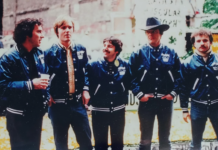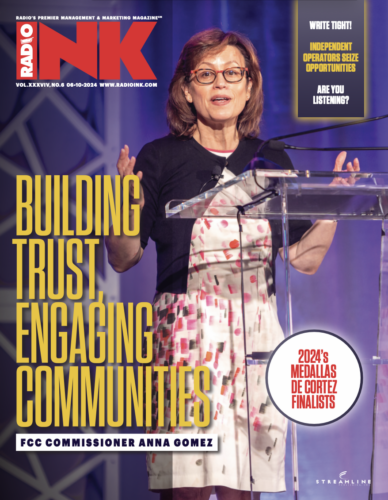
(By John Shomby) I’m an avid TV Crime series junkie. Have been for most of my life. Currently, I spend lots of TV time with all three FBIs, S.W.A.T., the three Chicago shows, and anything NCIS. The similarities with all four franchises are not surprising.
They all have ensemble casts which means there is no one “star” leading any show. Each series has created and developed a backstory for each character that defines who they are as they navigate each episode. In addition, each show has made various cast changes in its time as a series (almost the whole cast has turned over on NCIS) but managed to not miss a beat because of the overall vision and an obvious development plan for the new characters.
In most cases, the replacements seem better than the originals.
If you dig into the character development process of these shows, you can see a list of parallels to on-air talent, established or new.
- Create Compelling Characters – If you notice, all these shows expose all facets of each character’s personality. Encourage your talent to highlight their interests, experiences, and quirks with their listeners. If it’s a multiple-person show, create and execute a plan for each character’s role in the show and work with them to be who they are every day. For a single personality, get to know them and their passions and help them be that person on air every day.
- Build Rapport and Trust – As you get to know the characters on each TV show, you can feel them building trust and connection with each other by sharing their experiences and vulnerability. With that multiple talent show, this is essential for each character role to develop and be recognized by the listeners. Each character should know their role and the lead personality of the show, and you, bring this together in a daily “story” line. With individual shows, they strive to connect with listeners through their own personal experiences that they are encouraged to share.
- Use Dialogue to Drive Character Development – As each episode passes, you learn a little more about each character. Think about any of these shows if you’ve watched them. We learn about their backgrounds and personalities to the point where we think we know them so well, that it builds a certain loyalty to the character. Work with talent (multiple and single talent shows) to use humor, creative storytelling, or instances in their personal lives to create that same loyalty.
- Adaptability – Just as the characters on these shows adapt to new roles being introduced, you should prepare your talent to be adaptable to changes within a show or the overall radio station. Be aware of compatibility when looking to bring in a new talent on a multiple-person show or to replace a single personality. Fit is definitely a criterion with these TV shows as well as it should be for your station to enable the culture and station to grow positively.
Are your listeners really “invested” in your air talent or are they just voices to them? Take a page out of the book of these various crime series, regardless of whether the answer is yes or no.
As we continue to see repeatedly in various research projects for radio, talent is the one variable that distinguishes a great station from the good and mediocre. We can’t talk about character development enough.
Based in Nashville, TN, John Shomby is the owner and CEO of Country’s Radio Coach. He is focused on coaching and mentoring artists, radio programmers, and on-air talent to help them grow and develop inside the radio station and the industry. Reach John at [email protected] and 757-323-1460. Read John’s Radio Ink archives here.





